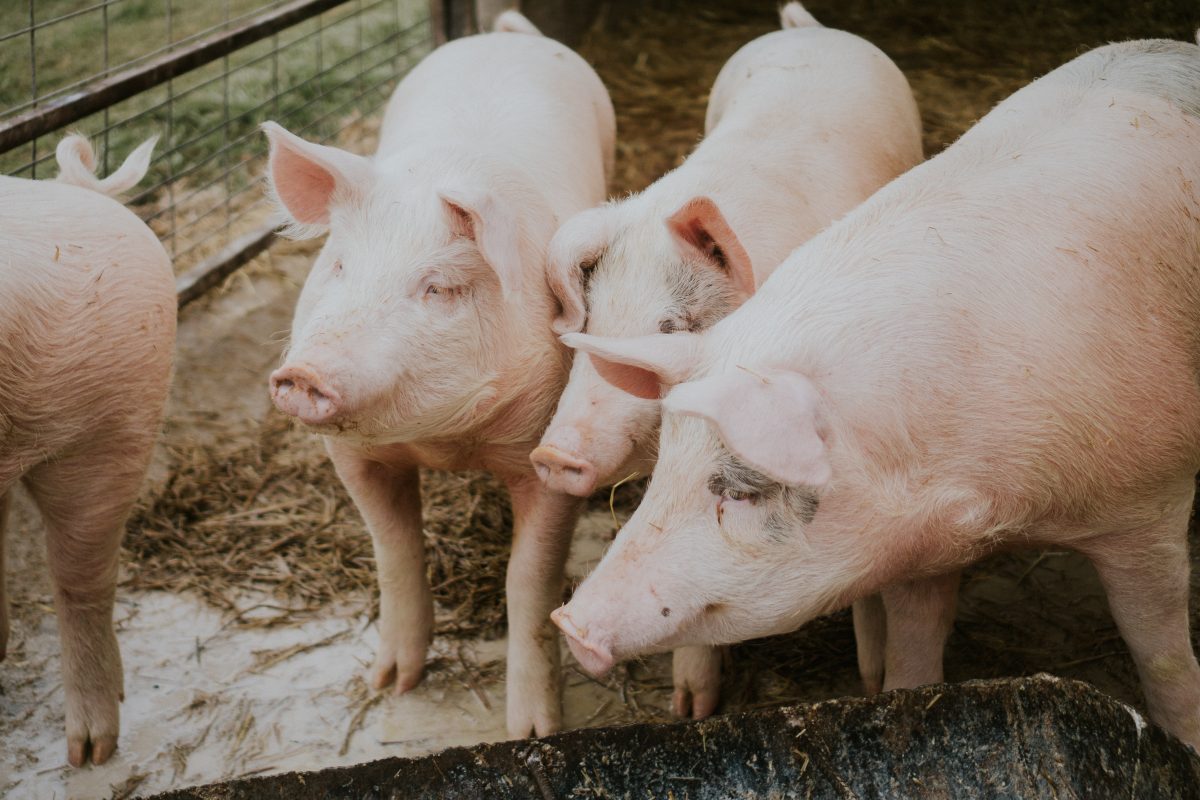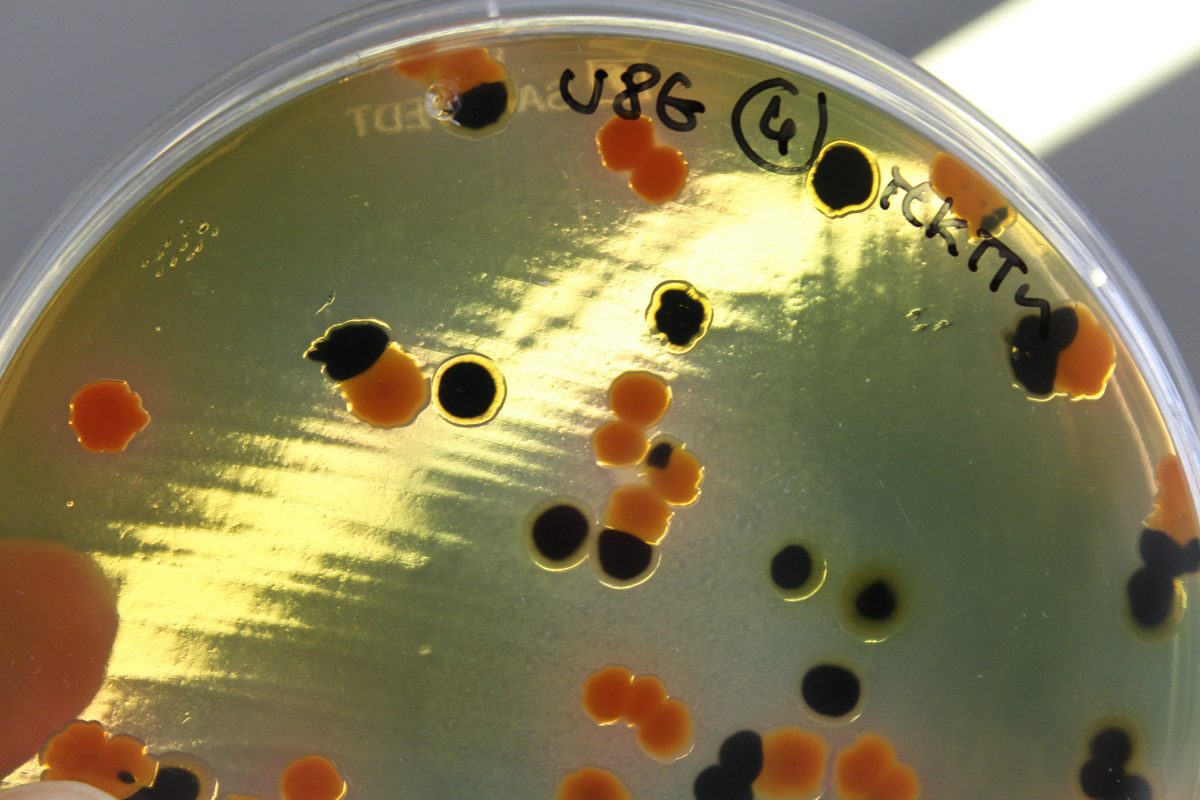Microbiology has made a decisive contribution to the development of the One Health, particularly when combined with advanced microbial genomic tools. Through them, we can investigate outbreaks (e.g. Salmonella spp., Campylobacter jejuni), monitor variants of pathogenic microorganisms or understand the global circulation of bacteria and resistance genes between the human, animal and environmental biome. In fact, the bacterial species that we are most concerned about in terms of resistance (ESKAPE*) share three characteristics: (i) can colonize more than one animal species, (ii) behave mostly like commensal (e.g., are able to colonize the intestine or skin of humans and animals without causing any disease), and (iii) have a remarkable eco-resistance, being able to survive on inert surfaces, in soil or in water for a long time. Therefore, they are able to “travel” between different hosts, demonstrating that without a holistic view we will not be able to contain them.
Under this perspective, the microLAB Laboratory of the Aquatic Production Department of ICBAS – in collaboration with companies, institutions and other research groups – has been studying:
1. The presence of multi-resistant Enterobacteriaceae in different animal populations (chickens, gulls, birds of prey, wolves, bivalves, sea urchins, rabbits, dogs and cats), in humans (pet owners) and in the environment (stations of wastewater treatment, rivers, beaches, lakes and city fountains);
2. The antibacterial activity of hundreds of chemical compounds isolated in cyanobacteria and marine fungi or modified/generated by chemical synthesis processes, provided by collaborating research groups;
3. The phylogenetic proximity between bacteria isolated from humans and bacteria obtained from trains and buses (Staphylococcus aureus resistant to methicillin-MRSA) or in chickens and dogs (Campylobacter jejuni).
*Enterococcus faecium, Staphylococcus aureus, Klebsiella pneumoniae, Acinetobacter baumannii, Pseudomonas aeruginosa, Enterobacter spp.
To know more:
– Neofiscalin A and fiscalin C are potential novel indole alkaloid alternatives for the treatment of multidrug resistant Gram-positive bacterial infections
– Campylobacter jejuni in Different Canine Populations: Characteristics and Zoonotic Potential
– Antimicrobial Activity of a Library of Thioxanthones and Their Potential as Efflux Pump Inhibitors
Contact: Professor Paulo Martins da Costa (pmcosta@icbas.up.pt)



